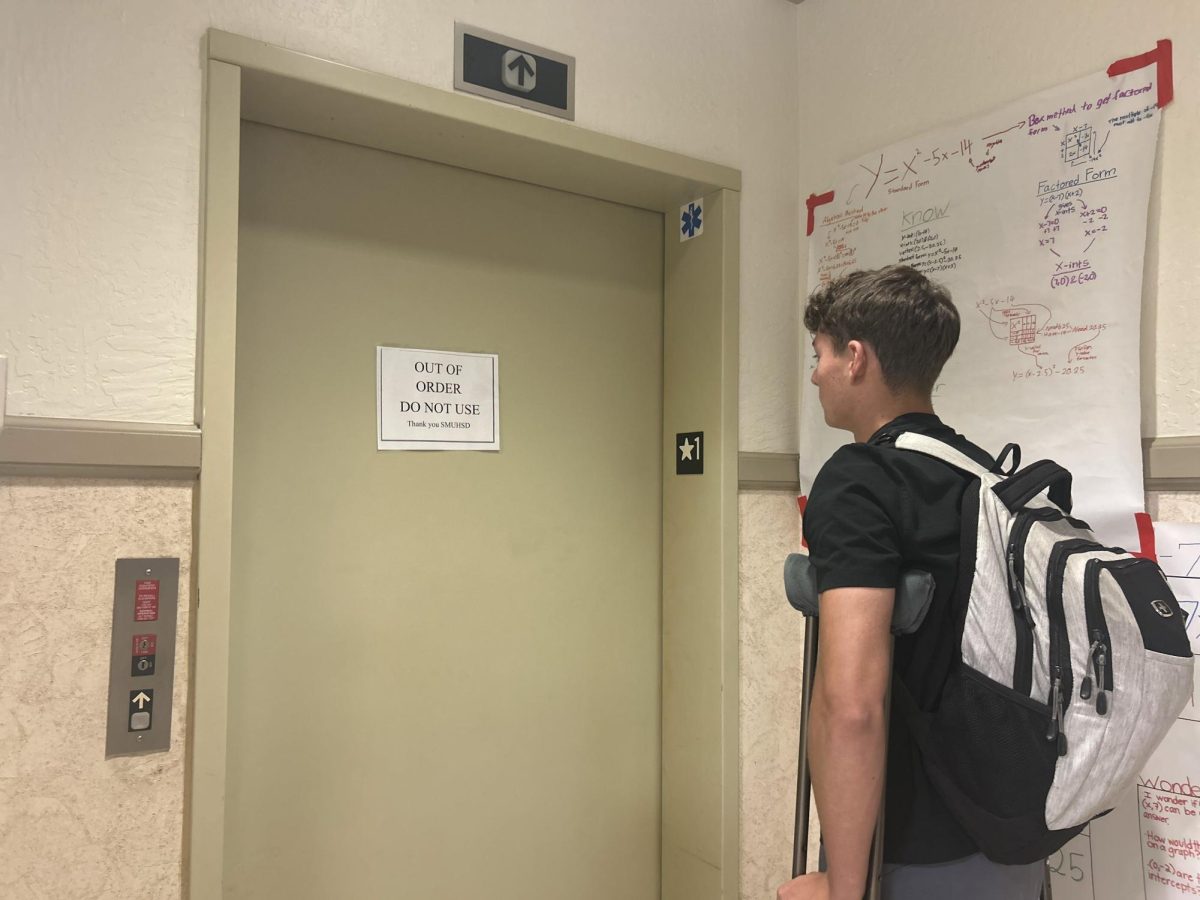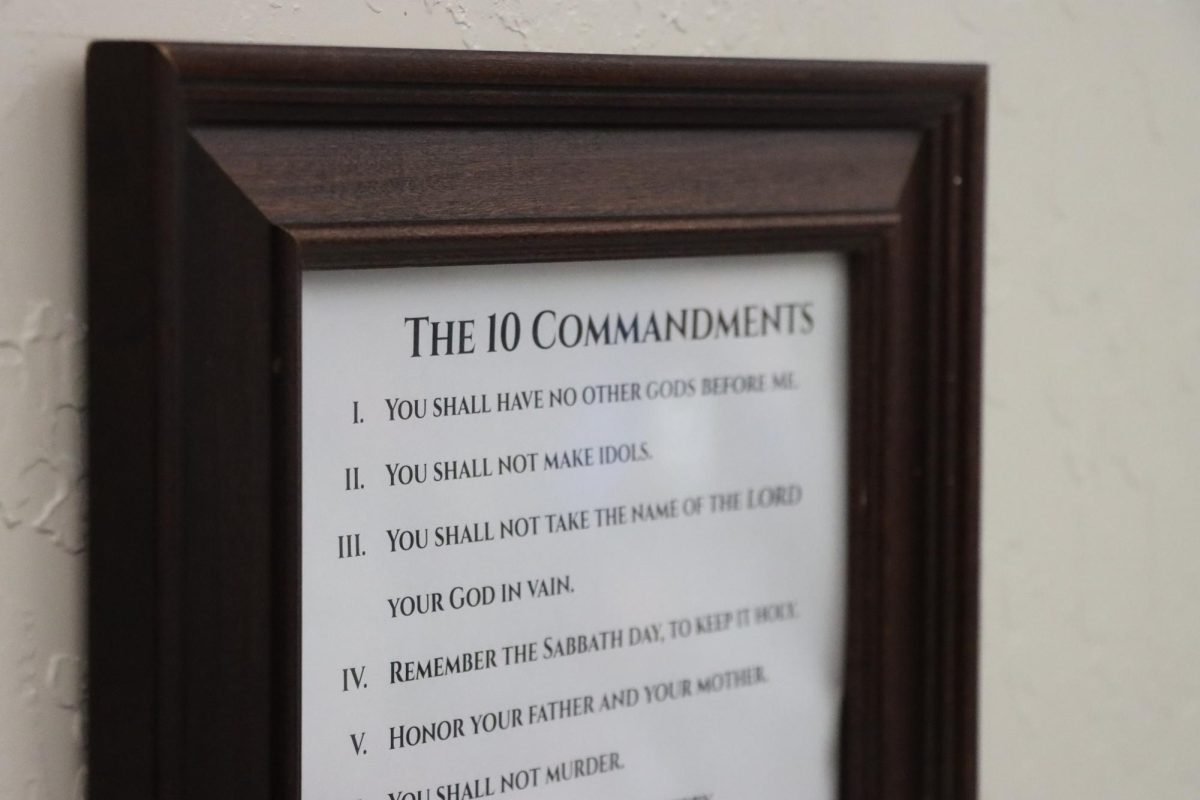Colleges track demonstrated interest in more ways than students know
Students who opt into receiving emails from colleges when they take the PSAT may find their inbox flooded daily with dozens of new emails from colleges. Many of these schools track whether students open college emails or click the links inside.
October 28, 2018
In an age when applying to some colleges is as easy as checking a box on the Common Application, schools are increasingly tracking demonstrated interest in an attempt to predict which applicants consider the college to be their first choice, and which are applying with no real intention of attending. While many students are aware that colleges track demonstrated interest, most do not know the extent to which colleges can monitor a prospective student’s behavior.
Students typically try to show that they are interested in a specific college by visiting the campus, scheduling an alumni interview, attending a college fair or emailing admissions representatives. The college’s goal in recording these actions is to increase its yield, or the percentage of admitted students who choose to attend the school. However, tracking demonstrated interest extends far beyond what students expect. According to Stefanie Niles, the vice president for enrollment management at Dickinson College, many schools have a database tool that checks whether or not prospective applicants are opening the emails that colleges send. The website CollegeMapper, created by Susanna Cerasuolo, M.Ed, also claims that colleges can detect whether or not an applicant scrolled through the email, which links in the email the applicant clicked and how long the applicant spent looking at the college’s website after clicking a link.
The National Association of College Admission Counselors reports that about half of all colleges consider demonstrated interest to be a highly or moderately important factor in the admissions process, meaning small actions, such as looking at college emails, can make a difference in the admissions process.
Some college applicants, such as senior Samantha Goldstein, want schools to make their methods of tracking demonstrated interest more transparent.
“I think tracking emails is little scary. I thought that those were emails that didn’t hold a lot of weight and they were more like sales pitches for schools and not important in terms of your admission,” Goldstein said. “Since college admissions are so competitive, hiding something that gives students a better chance of admission is unfair.”
However, alumna Priya Koliwad, currently a freshman at American University, believes that revealing exactly how colleges measure demonstrated interest would decrease the value of tracking demonstrated interest in the first place.
“Schools want to see genuine interest. If kids knew that they were tracked, they could falsify that interest,” Koliwad said. “There are ways to make the information [on how students can show interest] more accessible, but I think it would defeat the purpose of tracking.”
Most private institutions track demonstrated interest. If you are unsure whether or not a certain college pays attention to a student’s interest in the school, the admissions sections of college websites frequently have more information.










































